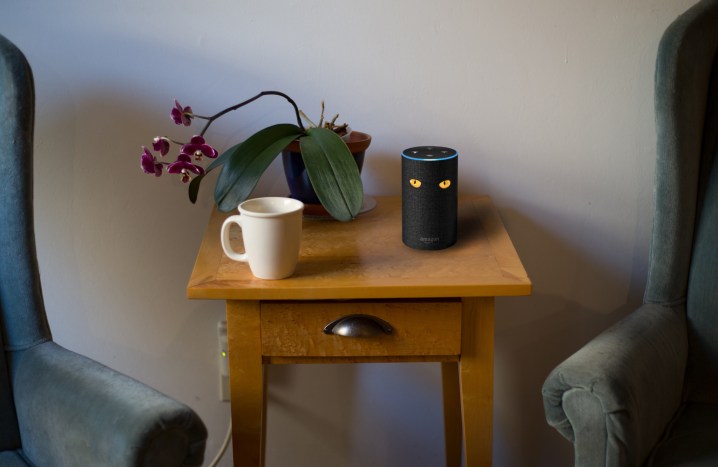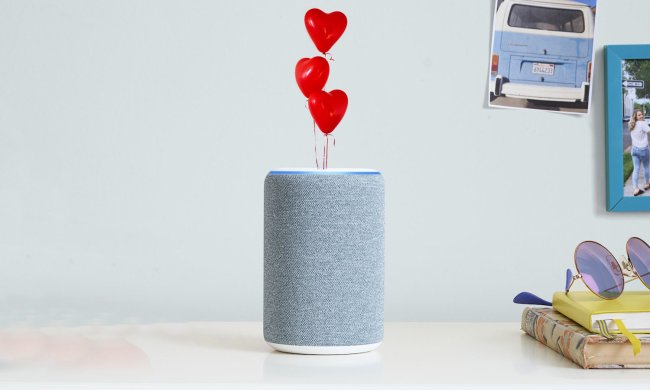
Have we all given up on digital privacy? A new study by researchers at the University of Michigan took a good long look at the habits of smart speakers users and non-users and pretty much found that we’ve all resigned ourselves to a permanent and unfixable lack of privacy. It’s a phenomenon the scientists dubbed “privacy resignation.” The study finds that given the option to turn on privacy features, most users are unwilling to trade convenience for privacy, while even non-users exhibit resignation to privacy loss, albeit at a lesser degree than users.
To conduct the study of consumers’ use, habits, and attitudes around smart speakers, the researchers conducted in-depth interviews of 17 smart speaker users and 17 people who have intentionally avoided buying a smart speaker. The results are illuminating as are the team’s recommendations to smart speaker designers and manufacturers.
It makes sense that the interviews revealed that non-users don’t value the utility that smart speakers offer, or do not trust speaker manufacturers and their parent companies like Amazon, Google, and Apple.
However, the study found that while speaker users express fewer privacy concerns, their rationalizations for using the digital assistants indicate an incomplete understanding of privacy risks and easily trade privacy concerns for convenience.
Even worse, most users are either unaware of privacy controls or too lazy to turn them on. The researchers found that most of their subjects had never used the mute button on their smart speaker. It was also extremely rare to find a smart speaker user who regularly reviewed their activity logs, where they can review and delete recordings.
“We really have to trust Google and Amazon that they respect people’s privacy and adhere to what they’re describing,” Professor Florian Schaub, a co-author of the study, told Motherboard. “It’s still a fact that you are putting a live microphone into your home and your intimate spaces, and it’s software that decides whether it’s recording with a trigger word or all the time.”
The study is filled with telling quotes from the study’s subjects about digital convenience and privacy.
“I think the battle of privacy and convenience has been won by convenience,” stated one anonymous test subject. “And I’m OK with that because I live in a world where this convenience is what makes my life a little bit easier to navigate and things more enjoyable and that’s OK.”
The study does make several concrete suggestions to help bridge the clear gap between privacy and convenience, including enabling users to mute smart speakers with voice commands instead of the mute button, more clearly communicating the value of audio logs as a privacy feature, and an “incognito” mode for smart speakers.
“Strong security and privacy standards, conversational privacy dialogs, designing privacy security with resigned users in mind, and privacy-friendly defaults could provide a better foundation for people’s trust in smart speakers, as well as soften the feeling of resignation,” the study summarizes.


